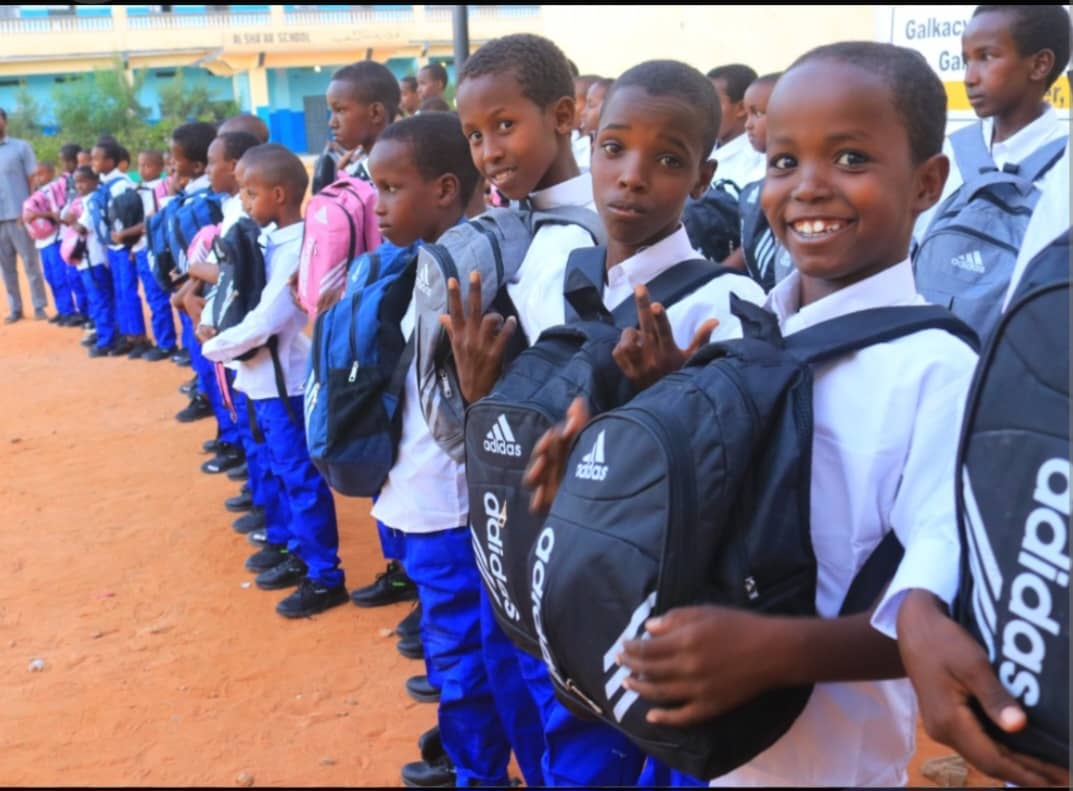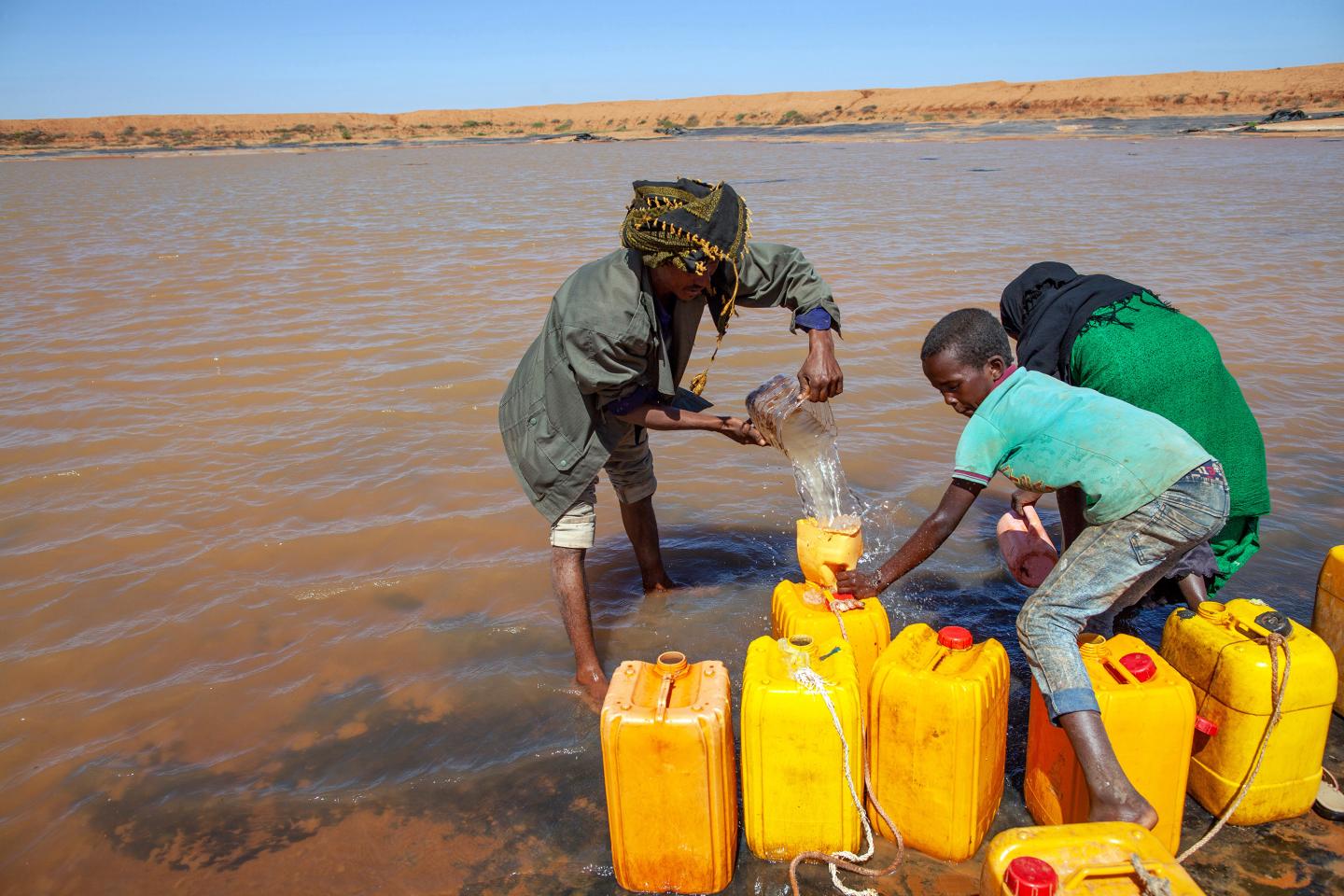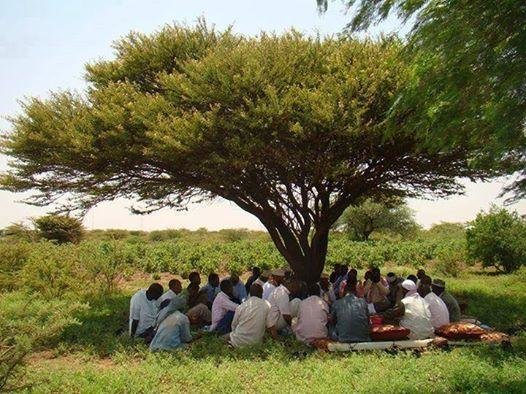Education is one of the most powerful tools for transforming lives in the Somali Region where many children grow up in rural and pastoralist communities with limited access to schools.
Rural education helps break the cycle of poverty by giving young people skills to improve their livelihoods and contribute to local development. Yet, more than 80% of adults in the region have no formal education, showing a major gap compared to urban areas.
By investing in rural schools, especially for girls, communities can build resilience against drought, displacement, and unemployment. Schools also serve as safe spaces that promote equality, health, and long-term social progress.
Expanding rural education also strengthens the region’s economy. Educated youth are more likely to engage in diverse income-generating activities, adopt modern technologies, and participate in local decision-making. This shift helps reduce dependency on traditional livelihoods and creates new opportunities for growth.
Teachers in rural areas play a vital role in shaping the next generation. Supporting them with training, resources, and better living conditions can greatly improve the quality of learning. Local recruitment of teachers who understand the language and culture of the community is especially effective.
Finally, rural education builds peace and unity. When children from different areas come together to learn, they develop shared values, communication skills, and hope for a better future. Education is the foundation for a stable, inclusive, and prosperous Somali Region.



